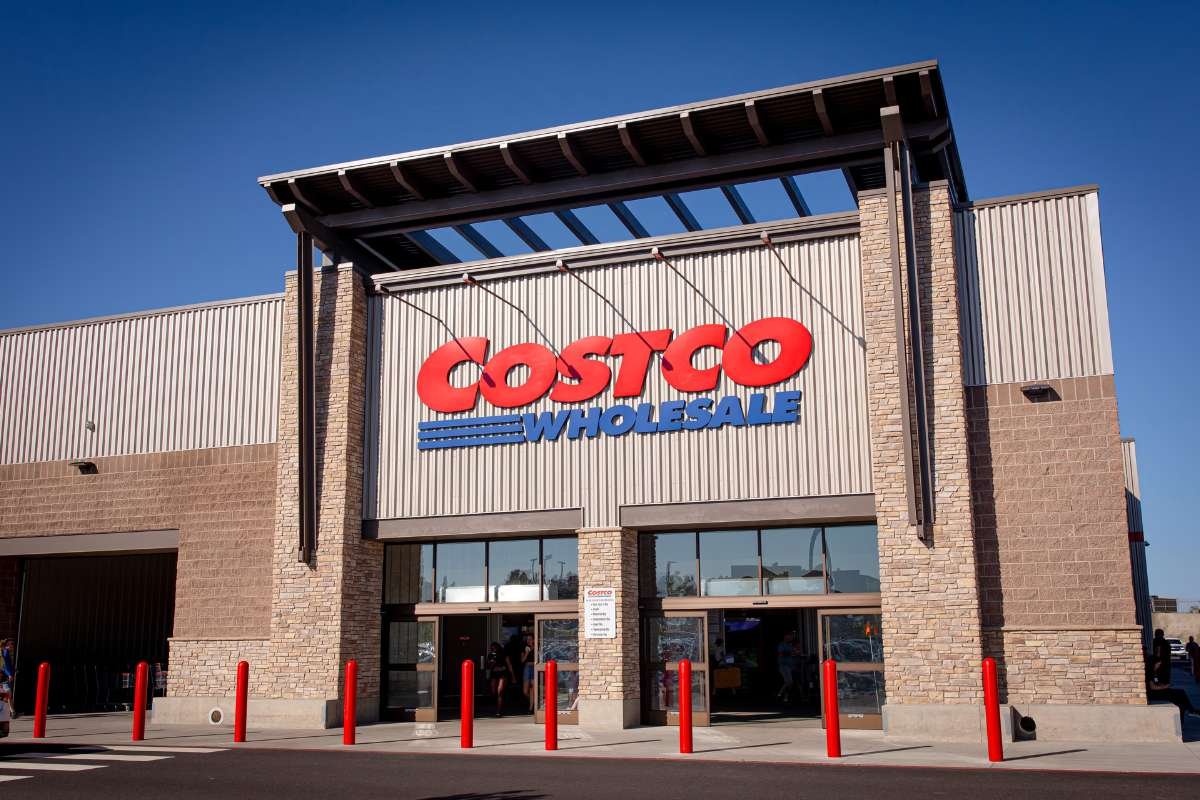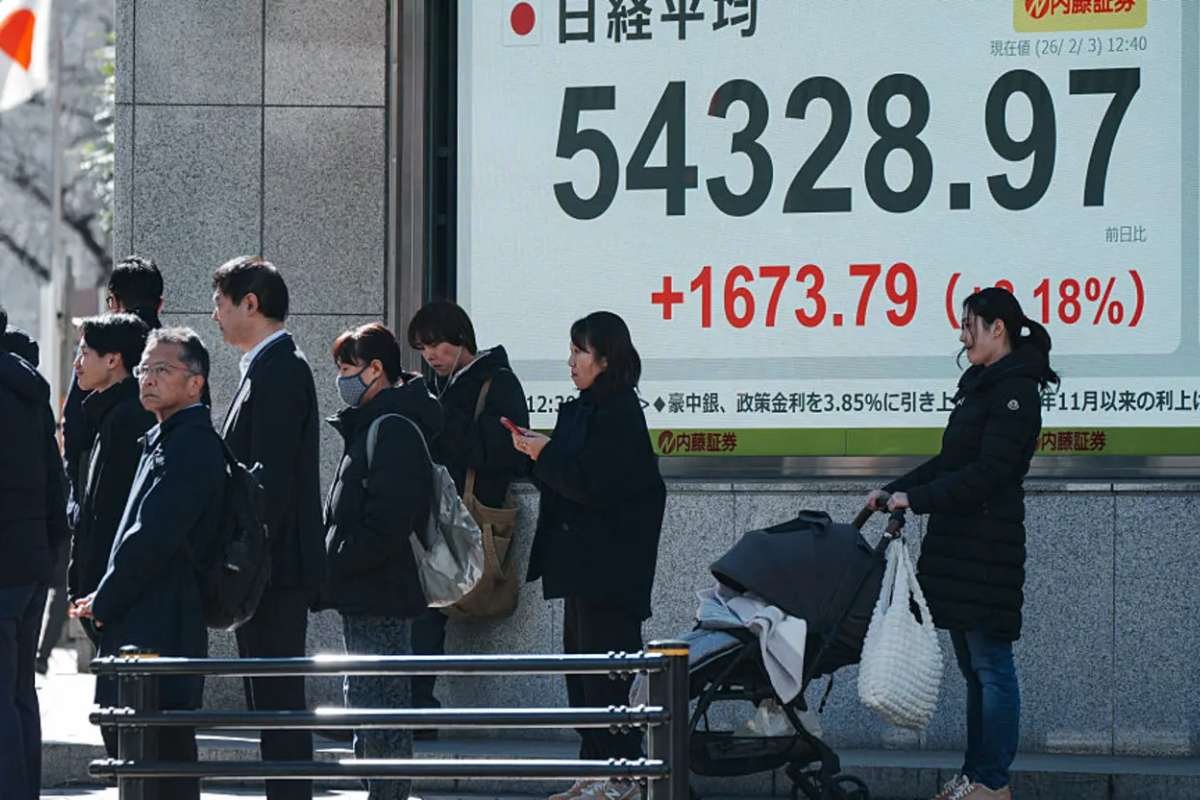Elon Musk’s artificial intelligence company, xAI, has filed a major lawsuit against Apple and OpenAI, accusing the two tech giants of engaging in anti-competitive practices. The case, lodged in a Texas federal court, claims that Apple’s integration of OpenAI’s ChatGPT into its operating systems unfairly blocks rivals like xAI from gaining visibility on the App Store.
The lawsuit alleges that this exclusive partnership has tilted the competitive landscape, restricting consumer choice and harming emerging AI competitors. By embedding ChatGPT across iPhones, iPads, and Macs, Apple is said to have sidelined xAI’s chatbot Grok, preventing it from achieving fair rankings and exposure. xAI is seeking billions of dollars in damages, framing the dispute as a fight for open competition in one of the fastest-growing technology markets.
Allegations of Favoritism in App Store Rankings
According to xAI, Apple’s App Store is structured to favor applications that align with its strategic partnerships, leaving others at a disadvantage despite strong user demand. Elon Musk’s company claims that Grok and other related platforms, such as the X app, have been excluded from prominent placements like “Must Have” lists, which significantly influence user downloads.
xAI argues that Apple’s conduct not only undermines innovation but also raises serious questions about monopolistic behavior in digital marketplaces. The lawsuit further highlights that Apple’s alignment with OpenAI effectively locks consumers into a single AI ecosystem, depriving them of alternatives.
While Apple has not issued an official statement on the matter, OpenAI dismissed the case as an extension of Elon Musk’s longstanding grievances. The legal move comes at a time when Apple’s App Store policies are already under scrutiny from regulators and other tech firms who have raised concerns about restrictive practices and revenue-sharing rules.
Broader Context and Industry Implications
This legal clash follows Elon Musk’s earlier public warnings that Apple’s platform was systematically designed to exclude competing AI applications from top rankings. Two weeks before filing the lawsuit, Musk openly criticized Apple for overlooking Grok and X despite strong reviews, suggesting that the system was intentionally biased.
The lawsuit also underscores Musk’s broader ambitions in AI. His company, xAI, has expanded Grok’s presence by integrating it into Tesla vehicles and leveraging X, the social media platform he acquired for $33 billion, as both a training ground and a distribution channel for AI technologies. By pursuing legal action, Musk aims not only to protect xAI’s competitive standing but also to challenge the dominance of companies he believes hold disproportionate control over the sector.
Meanwhile, OpenAI, which Elon Musk co-founded in 2015 before parting ways, has risen to become one of the most influential players in AI, bolstered by Microsoft’s financial and technological backing. Its ChatGPT platform remains the most widely used chatbot globally, giving it an unmatched foothold in consumer-facing AI services.
The outcome of this lawsuit could have significant implications for the tech industry, particularly around antitrust enforcement and the rules governing digital marketplaces. If successful, it may reshape how AI companies compete for visibility and market share, setting a precedent for how dominant firms balance partnerships with competition in the rapidly evolving AI landscape.
Sources:
https://www.reuters.com/legal/litigation/elon-musks-xai-sues-apple-openai-over-ai-competition-app-store-rankings-2025-08-25/
https://www.nytimes.com/2025/08/25/technology/elon-musk-xai-sues-apple.html


















